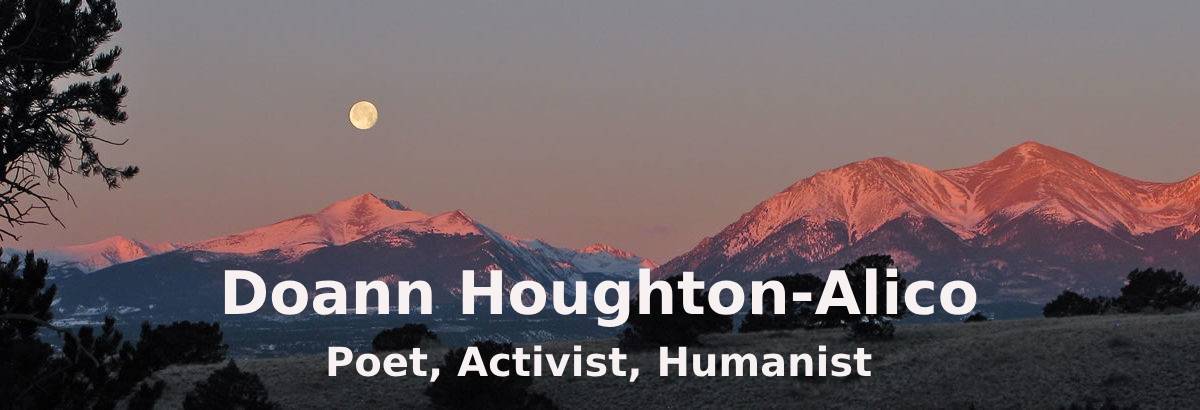Nationalism and its anti-nationalism opposite, of particular interest right now in India as well as the United States, play into the hands of authoritarian and fascist ideals. Which is not to say they are limited to those ideologies. It seems natural and instinctive to “love” one’s country, otherwise there is a sense of disconnect, disassociation, a lack of belonging.
Nationalism has both positive and negative aspects.
Because one thinks one’s country is “right” and the “best,” one may think this is how the rest of the world should operate. but that isn’t so. Each autonomous region/nation state/country is a complex compilation of history, culture, and many other aspects. There are many paths, what is right for one, is not necessarily right for another.
Issues arise also when one decides just who belongs to one’s country. It seems logical enough, but the construct we often make of belonging ends up to be only those like us. This isn’t factual, or even analytical, but it’s how minds often work or can be lead. Corrupted nationalism can lead to isolationism, xenophobia, bigotry, and violence toward others. Ultimately it becomes majoritarian hate.
In looking at how nationalism impacts group hate, to quote Chad Haines, Ph.D. (cultural anthropologist and professor of religious studies and global studies, and my son), majoritarian hate is impacted by “the ways in which we imagine our national selves and the whole myth of American exceptionalism that constructs a place of privilege over others. In short, it is not just psychology, but rather something deeply embedded in who we are as a nation and our ideologies of political and economic domination of the globe.”
The principles of democracy that the United Sates espouses include, for example, equality and freedom of speech and religion. The very word democracy comes from the Greek, demos meaning people—all people. Let’s not forget in these turbulent times, the positive aspects of patriotism and repudiate the negative aspects.
